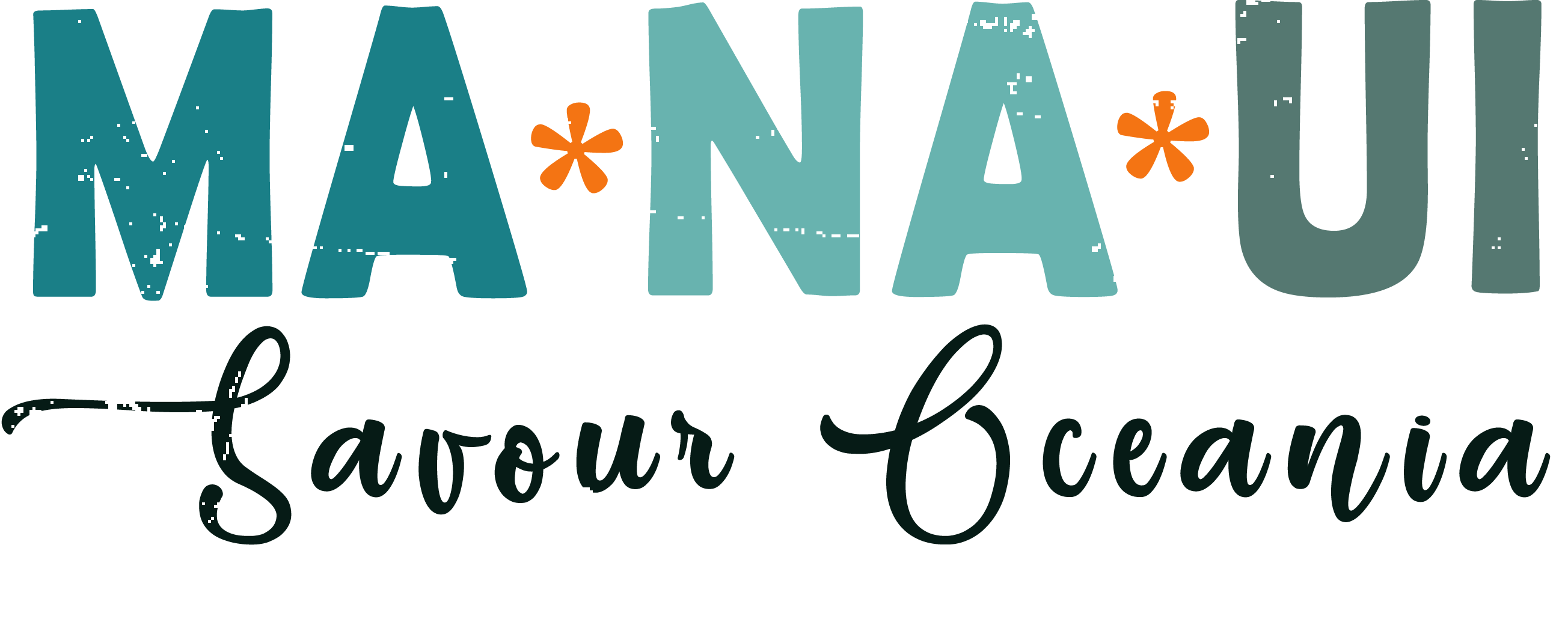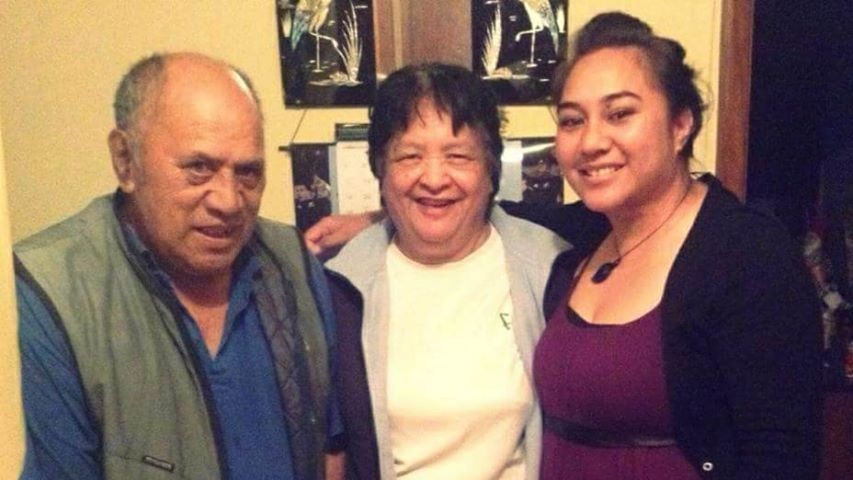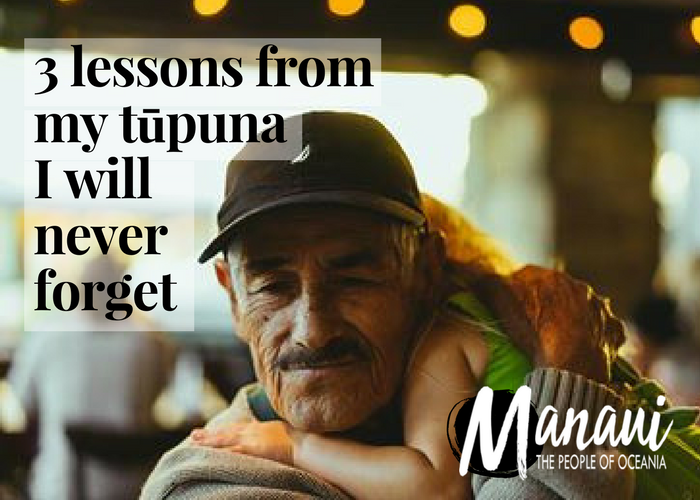A little bit about me
I come from a pretty big family. I have 8 siblings however we weren’t all raised together. Only a few were raised by my parents, the others were raised by other family members. I was fortunate enough to be raised by my Nan & Pops; my mother’s parents. I’ve been with them since I was a baby, so I’ve always called them Mum & Dad and I called my parents by their names.
I was the only child with my grandparents, I remember my uncle living with us when I was little but he eventually moved out and it was a little lonely sometimes. So they would always take me out to the park, to the beach or to see family. I appreciated the time they would spend with me. But as I got older I came to really enjoy being on my own and having ‘me time’. It was time where I could just think about anything and everything. It was time to reflect. Time to unwind.
Raised the ‘old school’ way
Being the only child in the house, I was a quite spoilt haha. No, we weren’t rich nor were we dirt broke. We always seemed to have enough to get by. I only ever hung out with them and their generation. I never really hung out with family my age, mind you that’s cos all my cousins were either older or younger than me. Only had a couple of cousins around my age but then only saw them sometimes. But the places my grandparents took me, the things they taught me are things I only ever appreciated after I left home. At the time I thought I knew everything (as most kids/teenagers think) but everything makes sense now.
I’ve learnt a lot from my grandparents. The person I am today is thanks to them. Here are a few things they taught me.. I know the title says 3 but it’s kind of hard to pick just 3, so I’m going to put it into categories and list stuff under it. First topic is –
Whakapapa
Whakapapa is genealogy. Growing up I’ve always been told about how important it is to know your whakapapa. In my grandparents days genealogy was handed down verbally (so you had to have a pretty good memory) but in saying that, it was always repeated until it was embedded into their heads. I remember my Nan telling me of when she was a kid and she had to go with the kuia (elderly woman) and they would make her sit with them and would tell her all these stories and who is who going back as far as they could.
Back in the days, to keep track of whakapapa Maori would have it carved. Nowadays we are fortunate to have the internet and to be able to record our whakapapa digitally.
My personal opinion is that whakapapa doesn’t only mean knowing your genealogy, it’s also about knowing where you are from. Knowing about your land. Your family. Your ancestors and their history. Whether they were good or bad. We can’t change what our people did in the past however we have the power to make a difference for our whanau now.
Remember your whakapapa and if you don’t already know it, make it a goal to learn more about it. There are many sites which you can use to record it. I will list a few at the bottom of this article. If not ask your Nana or Koro before they pass.
Koha
Next one is koha. Koha is a gift, it is normally something that you would give to someone in a time of need or when you feel the need to. For example traditionally when there is a tangihanga the manuhiri (visitor) would offer a koha to the family of the deceased, to help them with anything that is needed for the tangi; most of the time this covers the kai (food) which is served to those that come to visit the deceased. It is not compulsory but it is a sign of respect by doing so. When you koha, you give what you can and it is given without expecting anything in return. My grandparents always made sure they gave koha to whanau when there’s a tangi. Like I said earlier, we weren’t rich nor were we dirt broke. They would both chip in some money and give what they could. Koha doesn’t mean you just give money, food can also be a form of koha too.
I had an experience the other week. My husband, sister-in-law and I were waiting in line to get some food. I saw this old man and an old Maori lady with a walking stick nearby. I knew they wanted something, so I watched them but they took one look at the line and eventually walked away. Bear in mind that the line was long and it was a hot day. They came back not long after and was hanging around, I could see they wanted to get something but because the line was too long they weren’t keen. So I went up to them and asked if they wanted something and that I could get it for them, the old lady replied and said, ‘I just want a raw fish,’ signaling to the old man (which I assumed was her husband) to get her money. The raw fish was $4 and was in a tiny container (about a handful), wasn’t worth it to be honest. So I told them the price and how tiny it was. They were bummed and said never mind.
I went back in line and saw them sitting down, we were near the front of the line by then. I really wanted to get a raw fish for them. I asked my husband what he thought and he said ‘if there’s any left we’ll grab it’. When we got to the front we asked if there were any left and there was only 1 left. So we got it and I took it over to the kuia and gave her the raw fish. She was thankful and was about to give me some money and I told her that it was OK and that it was a koha. Her face was filled with gratitude. It felt good to do good and give back, especially to our old people.
Koha is a beautiful thing because it reminds us to be more giving which can be quite humbling. Which leads me to the next thing I was taught –
Manners
This will cover a few things. Some may not seem right under this heading but I think it fits when you really think about it. This is done in no particular order.
First one, respecting and looking after our elderly. Remember they’re older and some of them will have aching bones, so they can’t stand as long as we can. Give up your seat if need be, offer them a hand if they’re carrying shopping. Some older people still act like they’re young and think they can do everything. Truth is, some of them can’t do some of the stuff they could do when they were younger, but they’ll try. Help them out where possible, but don’t force the help if they don’t want it. Sometimes that is their motivation to keep them going and it keeps them active. Always remember your elders, but especially your grandparents; you wouldn’t be here if it wasn’t for them (for you cheeky readers. Yes I know you came from your parents but where did your parents come from? Exactly). So go see them every now and then. See if they need help with anything and sometimes it can be lonely for them. They won’t admit it but a simple visit can brighten their day.
Second – removing your shoes before entering someone’s home. As a kid I was taught to always take my shoes off when you enter into someone’s home. Removing your shoes is not only a sign of respect to the owner of the home but also to the house itself. By removing your shoes you leave any dirt and anything you carry with you outside. It’s similar to a marae. You don’t wear your shoes in a marae, it’s to respect the wharenui and the ancestors from there. I’ve been to a few places where they tell me to leave my shoes on, but I always feel uncomfortable so I remove them anyway. If you’re worried about having toe jams just make sure to wash your feet, wear clean socks or wear a pair of shoes you know doesn’t make your feet smell. Just a tip.. use baby powder 😉
Lastly, always wash your hands when you leave the urupa (cemetery). Ever wondered why there’s a bottle of water near the entrance of a cemetery or why there’s taps around? Yeah, most times it’s to clean up your loved ones but it’s also to wash your hands as you leave. Now this is a cultural thing and I understand other cultures don’t do this but this is what we do. By washing your hands you leave whatever you have with you there and also so that no spirits go with you as you leave. The water also acts as a protection for yourself as you leave the urupa.
I could go on forever talking about all the things my olds taught me, but these are just a few things they taught me which have stuck with me and I feel these are some things that could either help someone today or remind them. I hope this has helped you in some way and please don’t take some things as protocol cos these are the things that we do, but if you could respect it, that’ll be appreciated.
—
Some genealogy websites for you to check out:
http://www.familysearch.org/
http://www.myheritage.com/
http://www.ancestry.com.au/


